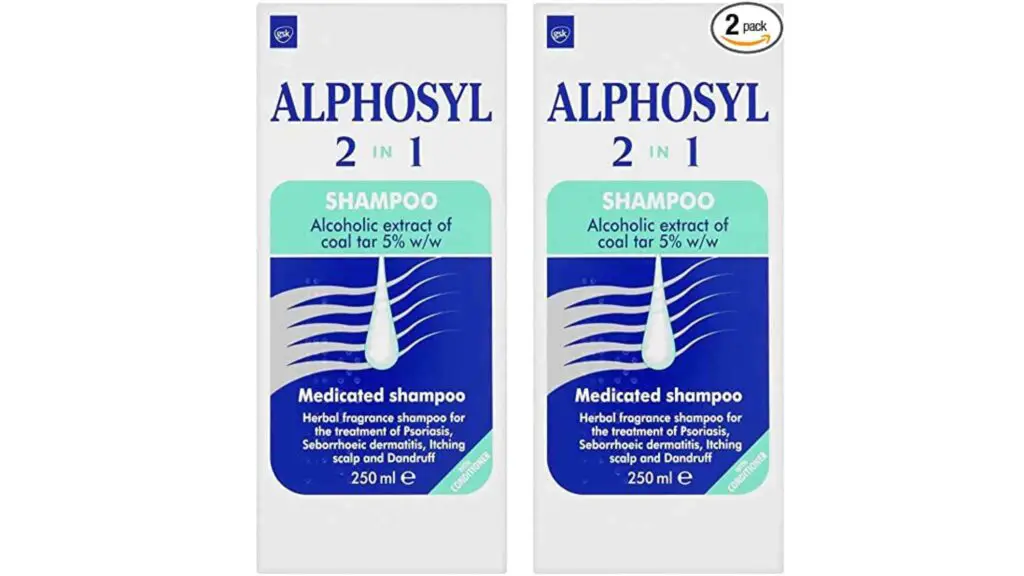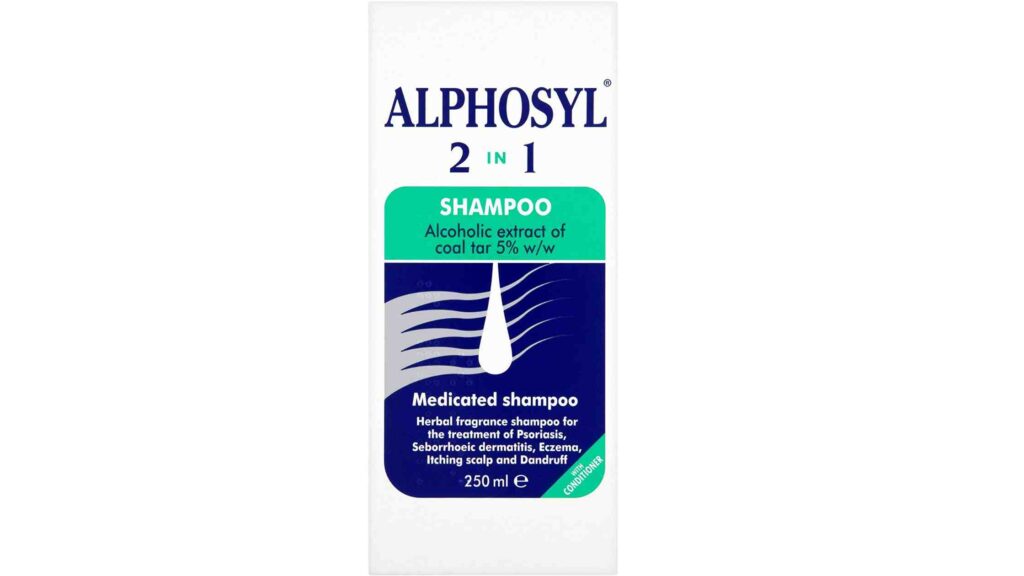Is Alphosyl shampoo discontinued? Omega Pharma Ltd. holds the marketing license for Alphosyl shampoo. At first, they informed us there were stock issues for the product. They later admitted that Alphosyl 2-in-1 Shampoo had been withdrawn due to a corporate decision.
Alphosyl 2-in-1 Shampoo treats psoriasis, seborrheic dermatitis, eczema, and itching. It also cures scaling associated with these illnesses and dandruff on the scalp. An alcoholic coal tar extract is the main component of this medicated shampoo. It soothes itching and works as an anti-scaling agent to dissolve keratin. Both adults and children over the age of 12 can use it. Let us view this product in detail in this article.
DiscontinuedNews is impartial and independent, and every day, we create distinctive, world-class programs, news, and content that inform, educate and entertain millions of people worldwide.
How does Alphosyl 2-in-1 shampoo work?

The active component of Alphosyl 2-in-1 shampoo is coal tar extract. Coal tar contains so many unique features. But it isn’t easy to fully understand how it works. This is even though it has been used to treat skin disorders for hundreds of years.
Coal tar reduces itching and has a minor antibacterial and anti-inflammatory impact. It is also taken up by skin cells, where it is believed to prevent DNA replication. As a result, cell division is slowed, and excessive cell growth is prevented. This, in turn, lowers skin thickness and scaling.
By dissolving keratin, coal tar might also be effective. It is a protein that contributes to the structure of the skin. This lessens the thickness and scaling by assisting the skin cells to shed from the targeted area. Alphosyl 2-in-1 shampoo helps treat dandruff, psoriasis, eczema, and other scaly, itchy skin disorders that affect the scalp.
How to use Alphosyl 2-in-1 shampoo?
To create a thick foam, the shampoo should be rubbed into wet hair and the scalp for a few minutes. Repeat the process after a thorough rinse. One should utilize the shampoo for dandruff once or twice a week as required or as prescribed by the doctor. One should use shampoo every two to three days for psoriasis, seborrheic dermatitis, scaling, and itching like those found with eczema, or as one’s doctor instructs.
In areas of skin that are infected, irritated, or broken, Alphosyl 2-in-1 shampoo shouldn’t be applied. Also, it should not be used by people allergic to or sensitive to coal tar.
Alphosyl 2-in-1 shampoo discontinued
The shampoo made with coal tar has been officially withdrawn permanently. This is according to the manufacturer. Several users reported that the Alphosyl 2-in-1 medicated shampoo has become difficult to get. Later, we were informed of a potential availability issue with the product in November 2022.
The psoriasis association contacted the marketing authorization holder, Omega Pharma Ltd. They initially informed them that there were stock-related problems. But they later acknowledged that Alphosyl 2-in-1 Shampoo had been withdrawn due to a business decision. Some of the current stock might still be usable for a short time. But after it has run out, there won’t be any more available.
Side effects of Alphosyl 2-in-1 shampoo
Drugs and their potential side effects might have varying impacts on various persons. Some of the known negative effects of this medication include the ones listed below. It is not certain that everyone taking this medication will suffer any negative effects, even if it is mentioned here. They are:
- Itching of the skin
- Increased skin sensitivity to sunlight
Some of the side effects recorded by the medication manufacturer may not be included in the list above.
Conclusion
Dermatologists have prescribed coal tar to treat psoriasis for more than 100 years. Thus, it is thought to be safe for long-term use. Coal tar shampoo sometimes aggravates a scalp that is already delicate. Irritation, burning, redness, and itching are some side effects. Stop using the product and immediately contact the doctor if users notice such symptoms. Also, using coal tar shampoo can also make one’s scalp more susceptible to sunburns.
